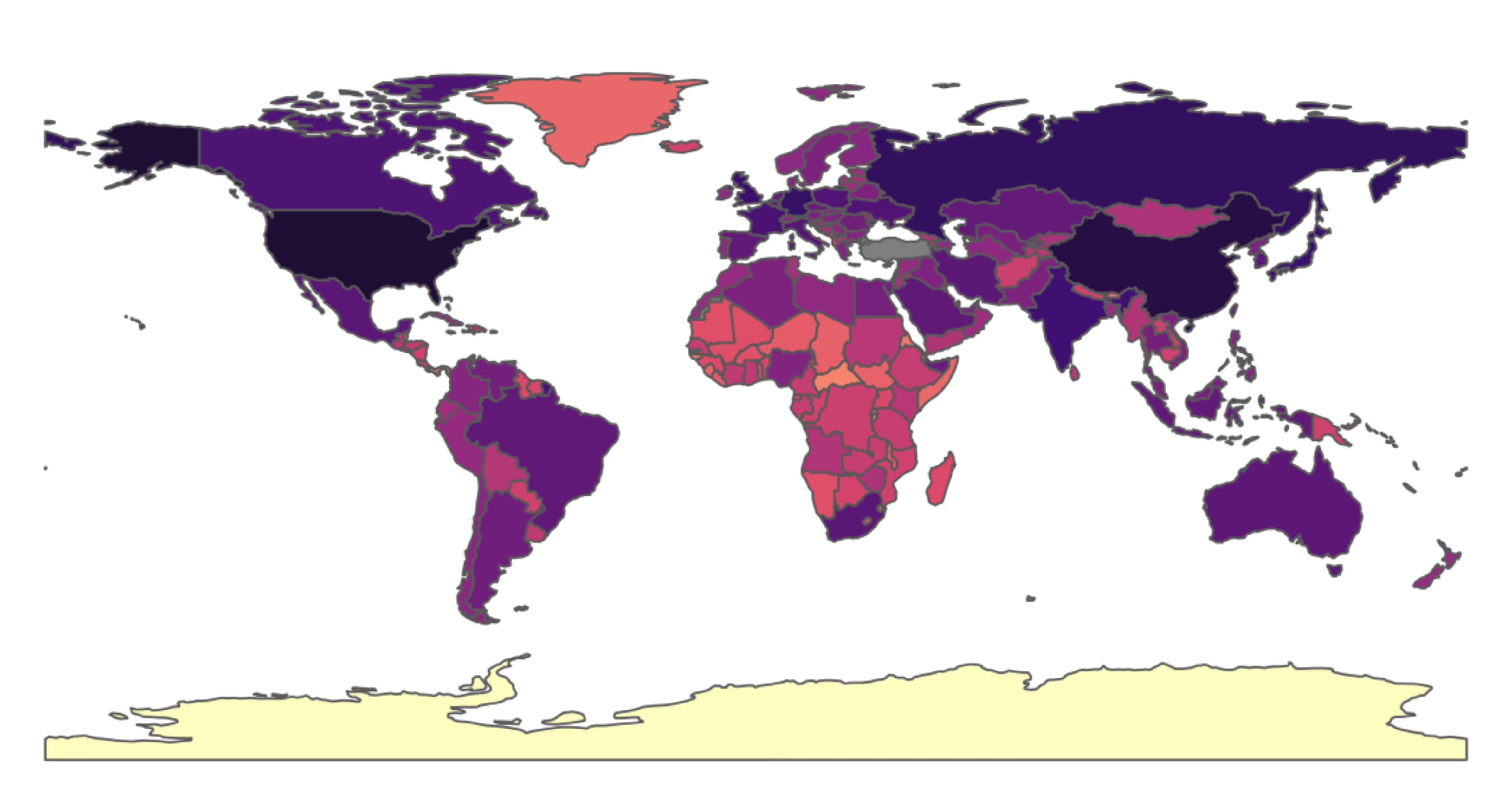
Malnutrition remains a huge challenge in Malaysian society. In a food secure country, all should be able to eat sufficiently and healthily, not living in fear of sudden loss of access, physically or economically, to food. Food is, by and large, available and affordable in Malaysia. However, significant challenges remain in how and what Malaysians eat, leading to problematic nutrition outcomes.Malaysia has long been seen as a melting pot of different cultures, resulting in a variety of traditional foods and food customs coming together and mutating through contact, technological changes and evolving demographic and environmental conditions. Malaysia has also not been exempt from global trends. The current state of food and dietary culture and nutrition is also a consequence of such varied changes.Under-nutrition remains high in Malaysia, even as rates of undernourishment or hunger have improved since Independence. Stunting increased from 17.2% in 2006 to 20.7% of all children below 5 in 2016, while 13.7% of children were underweight in 2006. Micro-nutrient deficiencies pose a great threat, but are frequently neglected. For example, 4.9 million Malaysians are affected by anaemia, around half of them women between 15 to 45 years of age. The median calcium intake of Malaysians was less than half the recommended level in 2014.The crises of obesity, diabetes and other non-communicable diseases (NCDs) in Malaysia is much more alarming. Non-communicable diseases (NCDs) dominate the leading causes of premature death and disability in Malaysia. Malaysia is the second fattest country in Southeast Asia and sixth in the Asia Pacific region. The prevalence of known and undiagnosed diabetes increased from 6.9% in 1996 to 17.5% in 2015. In 2015, 30.0% of adults were overweight, and a further 17.7% were obese. Overweight and obesity are risk factors for NCDs such as diabetes, cardiovascular diseases and cancers. NCDs reduce individual productivity and quality of life, and unnecessarily raise health costs, both private and public, with 10–19% of national healthcare expenditure in 2018 spent on obesity-related matters. Studies suggest that overweight and obesity do not just vary significantly with income level, but are also subject to other factors such as genetics, food intake, behaviour, physical activity, illness and ‘globalisation’, e.g., the rapid spread of food processing and ‘convenience foods’. Such connections are rarely linear, e.g., consumption of dietary energy initially tends to increase with income, but ‘quantity’ may be replaced by ‘quality’ with further increases in income and food expenditure, greater knowledge and changing food or dietary cultural norms and behaviour. Tackling the underlying factors leading to this crisis will be crucial to ensure better health and public healthcare financing in the future.Malaysia’s nutrition programmes and policies have actively evolved over the years to deal with challenges of the day. Post-independence nutrition programmes focused on improving the living conditions of rural populations who constituted about 70% of the Malaysian population between 1966 to 1970. These included school feeding programmes and programmes for poor and malnourished children. This evolved into the series of National Plans of Action for Nutrition, with the most recent one attempting to address the overweight and obesity crisis. However, some of these programmes have been crippled by lack of intersectoral and multi-stakeholder coordination, sustained financing commitment, human resource capacities and capabilities as well as monitoring and evaluation mechanisms.A holistic, ‘all-of-government’ National Nutrition Strategy is urgently needed in order to effectively tackle these issues. Sustainable food systems need to be ensured to promote healthy diets, while public nutrition education needs considerable improvement and strengthening to educate both children and adults on eating healthily. Misleading advertising compromising health and nutrition, especially for children, will need to be restricted. Universal school feeding is also crucial to inculcate good eating habits in children, while improving socialization and cooperation, besides improving academic results and physical development. Anaemia in women of reproductive age needs to be given due attention by encouraging adequate micronutrient intake and temporary supplementation in cases requiring especially urgent attention, e.g., for pregnant women. Food safety will also need to be ensured, including reduction of the overuse and abuse of antimicrobials (antibiotics) for animal, including fish breeding.Malaysia has progressed considerably in improving food availability, affordability and stability in the country. What remains is to improve nutrition in the country, especially in the face of undernourishment and the crises of obesity and diabetes in the country. Universal school feeding can be crucial for improving nutrition for children and future generations as well as food safety and farmer incomes. Addressing malnutrition in Malaysia should be a key priority for a healthy and more productive Malaysia.













